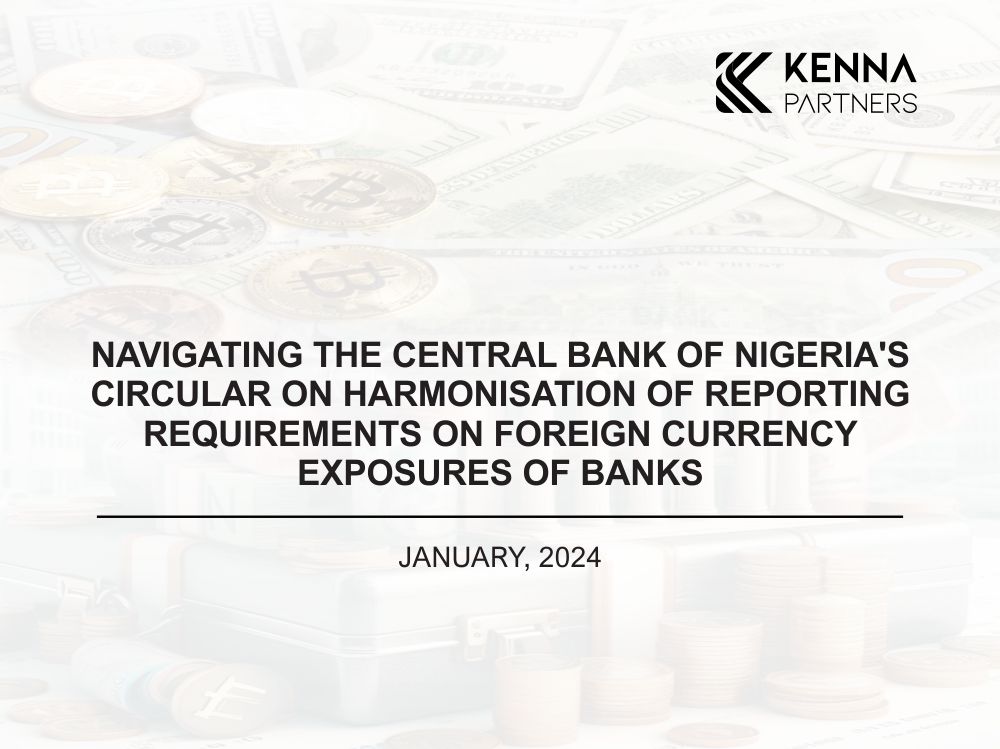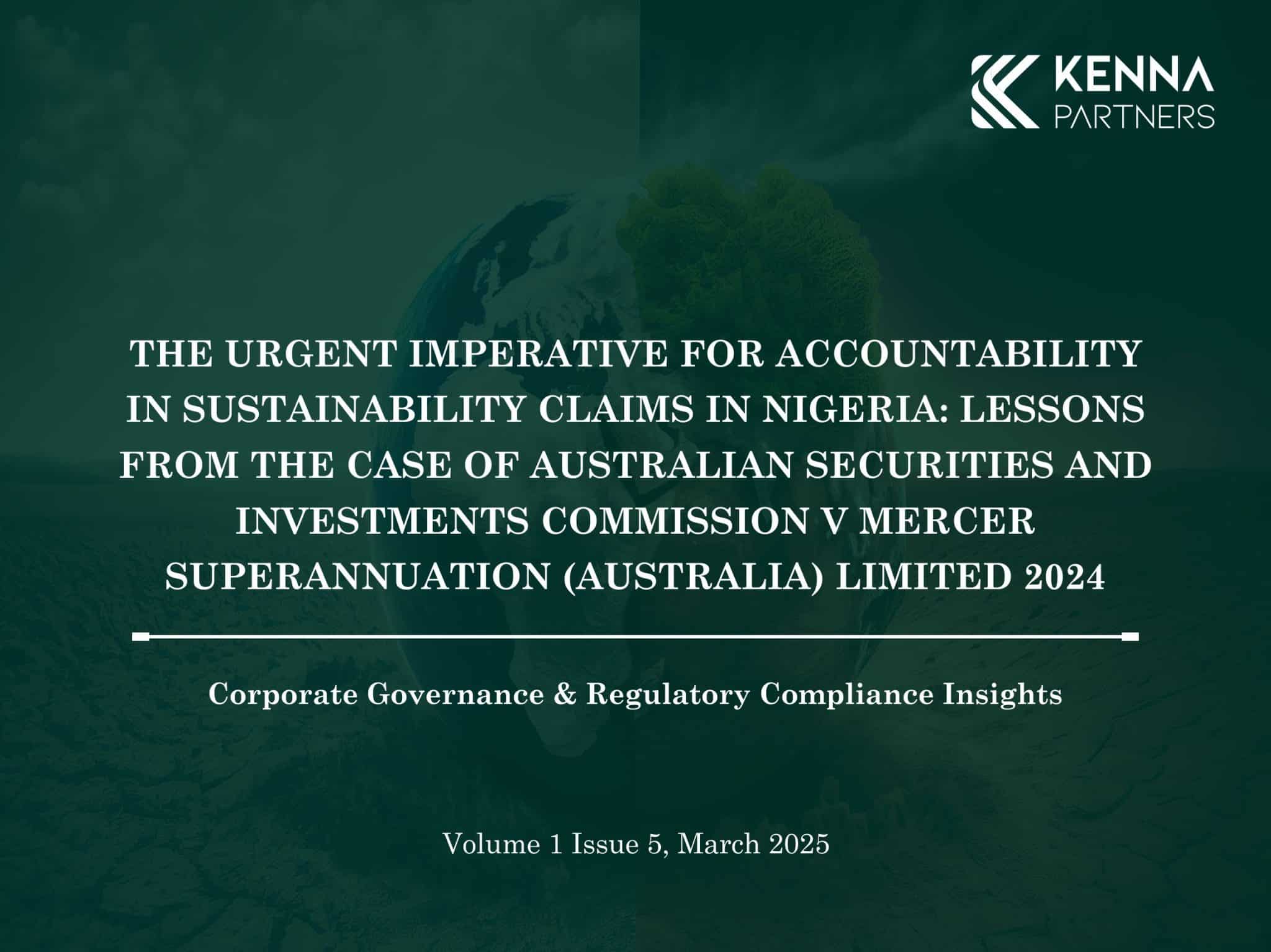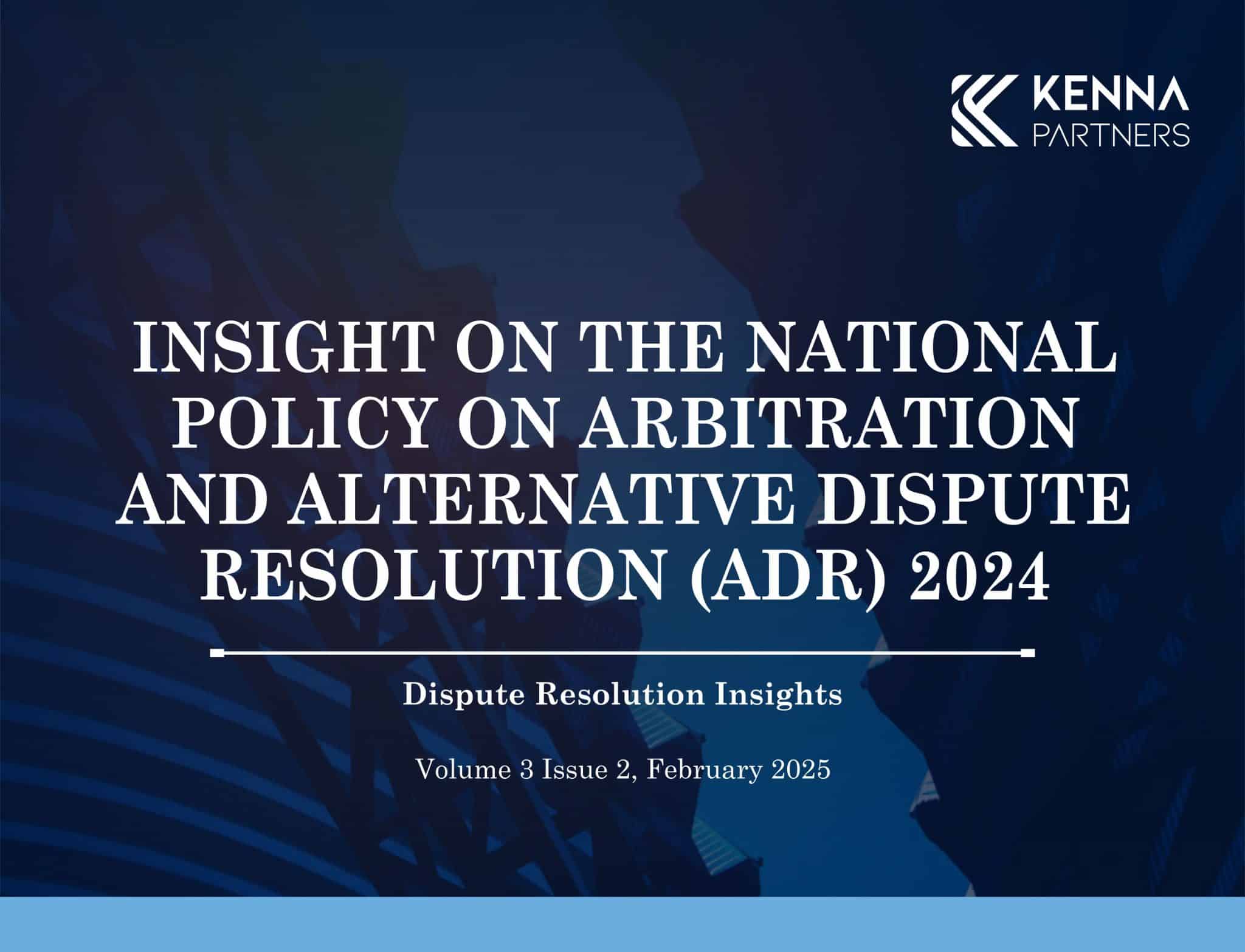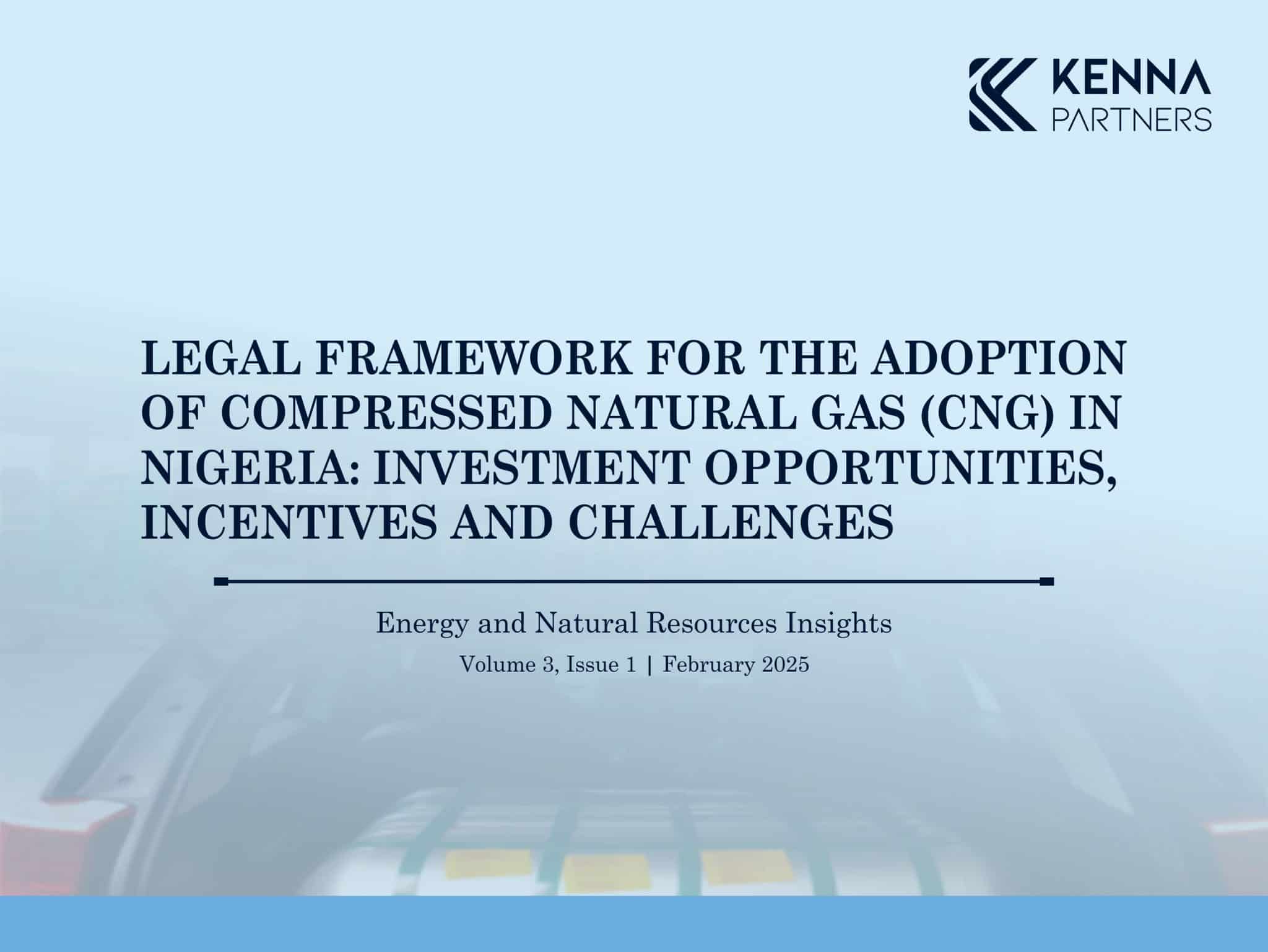Navigating The Central Bank of Nigeria’s Circular on Harmonisation of Reporting Requirements on Foreign Currency Exposures of Banks

Table of Contents
- Loading table of contents...
The Central Bank of Nigeria (“CBN”) is grappling with a serious foreign currency exposure challenge. It has been identified that part of this exposure, is concentrated in banks’ foreign currency Net Open Positions (NOPs), and this threatens the stability of the Nigerian currency and on a macro scale, the entire financial system.
In exercise of the power conferred on it by the Forex Act to regulate the effective operation of the foreign exchange market, the CBN issued a circular on January 31, 2024, titled “Harmonization of Reporting Requirements on Foreign Currency Exposure of Banks” (the Circular). This Circular requires banks to limit the Net Open Position (NOP) of their foreign currency assets and liabilities to 20% of shareholders’ funds unimpaired by losses. This is geared at addressing the looming threat to the stability of the Nigerian financial system. This Circular, akin to a monetary scalpel, stems from concerns about foreign currency exposure in banks’ net open positions and aims to precisely manage risk and pre-empt potential losses.
Generally, Net Open Position (“NOP”) is defined as banks’ risk exposure to their foreign exchange denominated assets. The exposure of the foreign exchange risk is the difference between the total foreign exchange denominated assets and total foreign exchange denominated liabilities. In Banking, NOP serves as a key indicator used to evaluate the overall risk exposure of a bank and its vulnerability to foreign currency fluctuations.






